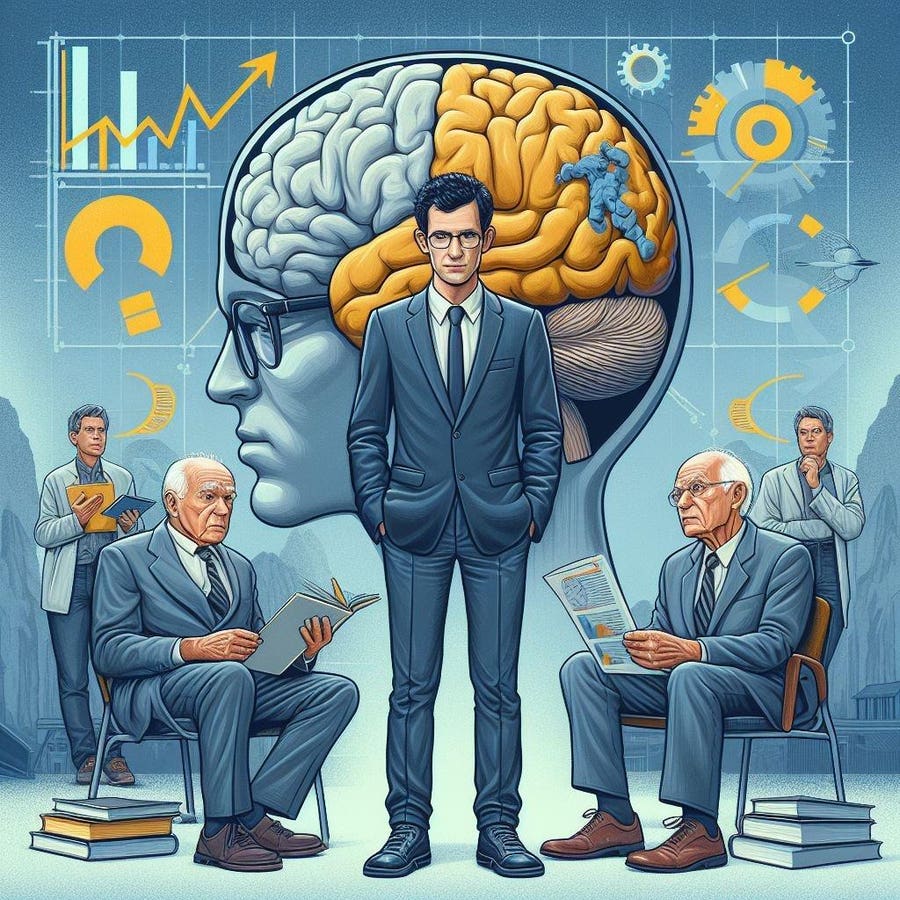Daniel Kahneman, the Israeli-American Nobel-prize-winning psychologist-turned-economist, passed away at the age of 90, leaving behind a lasting impact on the field of economics and investing. Alongside his research partner, Amos Tversky, Kahneman upended the traditional economic assumption that humans default to rational behavior. Their work illustrated that human decision-making is influenced by emotions and biases, rather than pure rationality. This insight has permeated various aspects of everyday life, including politics, policy, finance, and marketing.
One of the key ways Kahneman has changed the way we think about economics is by questioning the idea that “all things considered equal,” which is taught in traditional economics courses. Instead, he demonstrated that external factors impact decision-making more than previously believed. For those looking to learn more about Kahneman’s contributions to the field, the book “The Undoing Project” by Michael Lewis offers a compelling narrative about Kahneman and Tversky’s life and work.
In the realm of investing, Kahneman’s research has shed light on the psychological factors that drive decision-making. He showed that humans are more motivated by the fear of loss than the joy of gain, leading to behaviors like buying high and selling low. This understanding has influenced the way retirement plans, such as 401(k) accounts, are structured to help individuals make better financial decisions. Books like “Nudge” by Richard Thaler and Cass Sunstein delve into the practical implications of behavioral economics in the realm of investing.
Kahneman’s seminal work, “Thinking, Fast and Slow,” explores the idea of two distinct processors in the brain – System 1 and System 2. System 1 is the fast, emotional, subconscious processor, while System 2 is the slower, rational processor. Kahneman’s research shows that most financial decisions are driven by System 1, highlighting the importance of emotions and biases in decision-making. Understanding the interplay between these two systems can help individuals make better financial choices and gain insights into their own behavior.
By challenging traditional assumptions about rational behavior and shedding light on the role of emotions in decision-making, Kahneman has not only impacted the field of economics but also changed the way we understand ourselves. His insights have far-reaching implications for personal finance, relationships, and overall self-awareness. Kahneman’s legacy will continue to influence how we approach financial decisions and interact with the world around us. His contributions have left a lasting mark on the fields of economics and psychology, shaping how we think about decision-making and human behavior.


